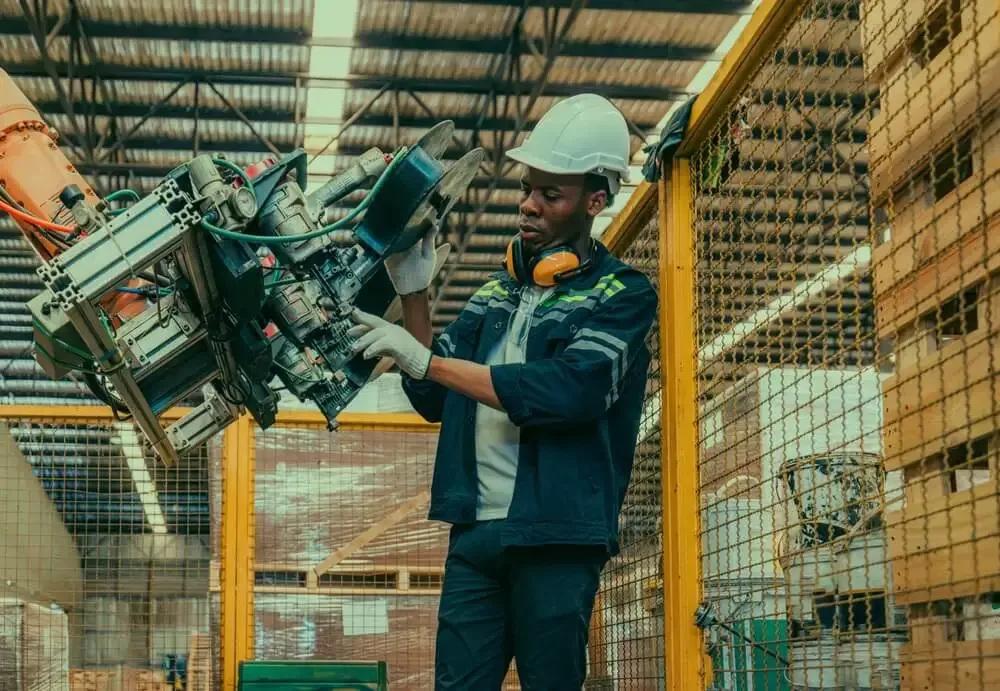Smart Sports Exercises: Intelligent Sports Exercises
In spring 2024, we spoke with Dr. ir. Dennis Reidsma. Dennis is an associate professor at the Human Media Interaction group and a lecturer in the Creative Technology and Interaction Technology programs at the University of Twente. Dennis's research f...
19 April 2024

DiaGame: Gamification for the Education of Patients with Diabetes
In spring 2024, we spoke with project leaders Natal van Riel and Annelies Bobelyn from TU/e. Natal is a professor of Biomedical Systems Biology in the Department of Biomedical Engineering at Eindhoven University of Technology, where he leads the Comp...
19 April 2024

CIMPLO - Cross-Industry Predictive Maintenance Optimization Platform
Almost every enterprise has to deal with it: maintenance of machines and infrastructure. Traditional maintenance concepts rely on a 'fixed interval approach', taking into account a considerable safety margin. As a result, maintenance almost always oc...
23 February 2024
